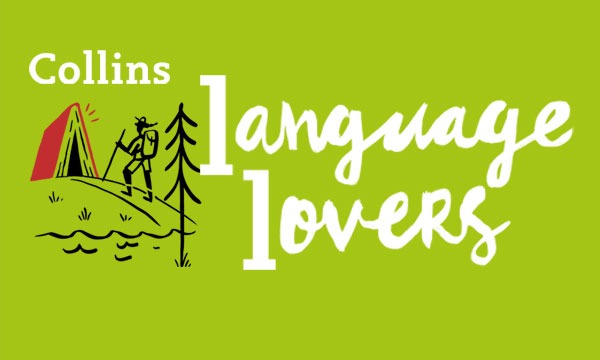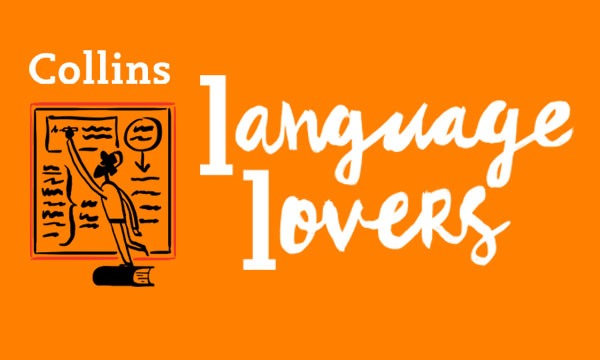As you will no doubt be aware, the current year has an extra day inserted at the end of February, making it a ‘leap year’. The word ‘leap’ developed from the Anglo-Saxon verb hlēapan. It is one of several words of Germanic origin that in Early English began with the letters ‘hl’ but lost the initial ‘h’ as the Anglo-Saxon language developed into modern English. Other examples include hlǣdder (ladder) and hlid (lid).
To leap is defined as ‘to jump suddenly from one place to another’, so it might appear odd that we talk of a ‘leap year’ when the extra day does not speed up the passage of the year but only prolongs it. The explanation for the name is probably that the extra day breaks the pattern by which the same date falls on the following day of the week in the following year. So if Christmas Day falls on a Thursday one year it will normally fall on a Friday in the following year. But when the following year is a leap year, it leaps ahead and falls on a Saturday.



